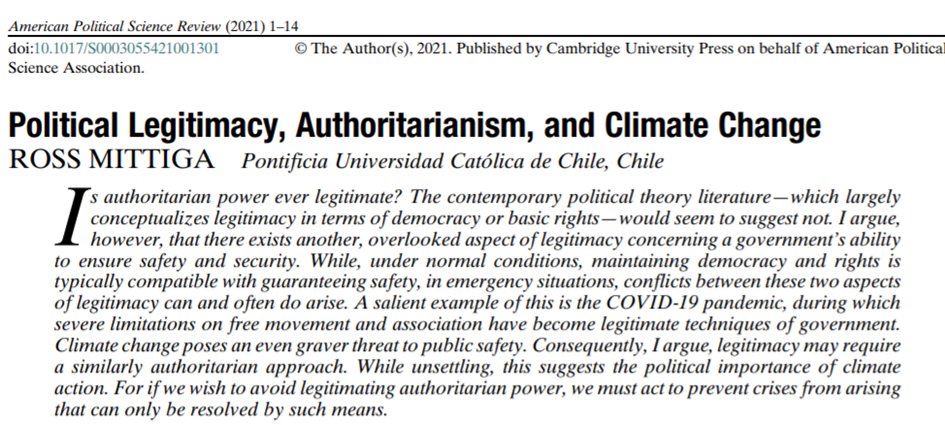
“Most people read about Ukraine everyday in the press but don’t know that this is even happening,” Tankian says of the Nagorno-Karabagh crisis. “[Ukrainian president] Volodymyr Zelenskyy on Twitter praised Azerbaijan and their corrupt, fascist dictatorial leader Ilham Aliyev for helping Ukraine with energy supplies. So be it, but at the same time, the same dictatorial leader has put a chokehold on these people in Armenia and has invaded our proper, United Nations-recognized territories. He’s taken about 150 kilometers and his soldiers aren’t backing up. We’re being hypocritical as an international community, because we can’t sacrifice one country for another. It’s not right.”
Let us offer prayers for our Christian brothers and sisters from Armenia
It is truly heart-wrenching to witness the unfolding situation in Armenia, particularly as an American Catholic. This country holds a rich and remarkable Christian heritage dating back to ancient times.
Thaddeus, one of the apostles, journeyed to Armenia around 43 AD to spread the teachings of Christianity. Alas, he met his martyrdom in southeastern Armenia. Today, his tomb rests in the Armenian monastery of St. Thaddeus (located in Iran), where a chapel was constructed in the third century. Bartholomew, another apostle, is said to have arrived in Armenia around 66 AD before facing martyrdom in Hadamakert, southeast of Lake Van.
Armenia, despite its significant historical and cultural contributions, is often overlooked due to its small size. Yet, the struggles endured by this nation must not be ignored.
The devastation of this ancient Armenian territory, encompassing some of the oldest Christian monuments in existence, should ignite the fury of the entire Christian world. The League of Nations formally recognized Artsakh as part of Armenia in 1920, and it was included within the borders of Wilsonian Armenia. However, the influence of Russia, Turkey, and Azerbaijan’s Western culture led to their combined invasion of Artsakh in 1920, with the intention of dividing its lands. As a result, Artsakh was forcibly separated from Armenia and assigned to SSR Azerbaijan. In defiant response to this injustice, Artsakh declared independence in 1991. It is imperative that America and other Western nations take immediate action to prevent this ongoing genocide and halt further encroachment upon Armenian territories.
The suffering that has been endured in the Nagorno-Karabagh Humanitarian Crisis is unprecedented and it is our duty as Christians of the world to stand together and support those affected by the conflict. Though it may seem an insurmountable task, we can make a difference with concerted action. Every little bit counts when it comes to providing aid and comfort to a community dealing with such immense loss. Our airwaves are filled with news of reports of pandemic food shortages, displaced civilians, and violence. The Christian people of Armenia are especially vulnerable given their religion alone. More must be done to end the blockade that separates the humanitarian aid from getting to those that need it most desperately. So take a moment and pray for all those affected by this horrific conflict; pray for their healing and restoration for their lives Intercede on their behalf with whatever means possible. Offer up your voice and compassion, collectively speaking up for peace resolution in Armenia.

It is disheartening to know that the government of Armenia has not officially recognized the sovereignty of Artsakh, and their recent suggestions of recognizing the region as part of Azerbaijan have caused outrage among the people of Nagorno-Karabakh. However, amidst all the political issues, it is the innocent people who are suffering the most, and unfortunately, there seems to be no one coming forward to help them. It is perplexing to see billions of funds being given to Ukraine, but what about the people of Artsakh? It is high time that we address this issue and extend our support to those who are in dire need of it.
Read the full article at: www.spin.com










